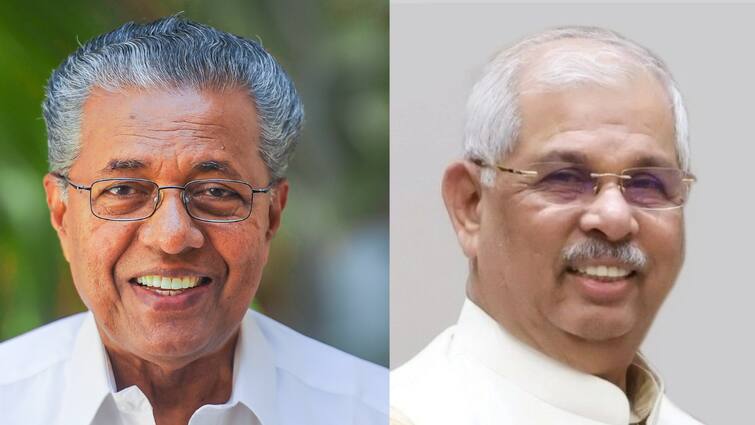Less than four months after being elected, South Korean President Lee Jae-Myung has announced an ambitious campaign to reform the constitution in way which would allow future presidents to serve two consecutive four-year terms instead of stepping down after a single five-year stint.The initiative is at the top of the administration’s 123-item policy agenda. Proponents say the reform would also synchronise presidential elections with votes for members of the National Assembly in order to encourage continuity of policies and greater responsibility while in office.Analysts, however, point out that pushing through constitutional changes in South Korea requires a two-thirds parliamentary majority and that the opposition is likely to frustrate Lee’s plans.
Presidents out of sync with lawmakers
“When the present constitution was written in 1987, the biggest controversy was over how to elect the president,” said Lee Sang-sin, a research fellow specialising in political science at the Korea Institute for National Unification.Pre-1987, South Korean president would be elected by the representatives in the National Assembly. The 1987 reform then switched the vote to the public election and enforced a limit of a single five-year term. “The problem was that members elected to the National Assembly have four-year terms, meaning that elections for the president and the assembly are constantly out of sync,” Lee Sang-sin told DW, adding that this would lead to political instability, divided administrations and failed policies.
South Korea to get run-off presidential vote
While announcing the latest reform proposal, the government officials did not specify if the changes would allow current President Lee Jae-myung to run again after his term expires in 2030. Last week, however, officials clarified that the two-term system would only go into effect after the center-left leader is out of office.The amendment would also change the way that presidential elections are conducted. The current system only requires a single round of voting, and the candidate with the biggest share of the votes is named president even if they don’t secure an absolute majority of over 50%. Under the proposed reform, however, South Korea would introduce a run-off round between the two top candidates.Lee’s administration also plans to make other alterations to the constitution, including updating the wording of passages on the rights of sexual minorities and the government’s position with regards to North Korea.
Same-sex marriages and North Korea likely to trigger resistance
The ruling party is around six seats short of the two-thirds majority it requires to pass the legislation. Even if Lee managed to secure enough votes in the assembly, the changes would then need to be approved by a simple majority in a national referendum, which gives his rivals from the conservative People Power Party a degree of influence.”Many presidents from both the conservative and progressive sides of Korean politics have been in favor of changing the system to allow a president to serve two terms, but I still think it will be difficult for Lee’s Democratic Party to push this through because the opposition will resist,” political scientist Lee told DW.”Some of the other things that Lee wants to change in the constitution, particularly around same-sex marriages, human rights issues, and how we treat North Korea, are going to be strongly opposed by the conservatives in the National Assembly,” he added.Kim Sang-woo, a former politician with the left-leaning South Korean Congress for New Politics and now a member of the board of the Kim Dae-jung Peace Foundation, said urgent reforms need to be made beyond the two term system.”The intention is to align voting for the president with voting for the National Assembly, but at the same time to make it the same as in the United States,” he told DW.The proposed changes should “give a serving government greater time to prove itself and to demonstrate its policies before the voters have to make a decision on whether to re-elect it or to kick it out.”
Democracy still ‘vulnerable’
It is worth noting, however, that many politicians in South Korea campaigned on similar reforms in the past, but were not able to see them through. This also includes previous presidents Kim Dae-ju and Park Geun-hye.Talking to the Le Monde newspaper, Duyeon Kim of the Center for a New American Security think tank warned that “South Korea’s democracy remains vulnerable.””Imprecise laws invite amateur interpretations,” she was quoted as saying to the French paper.”A fierce ideological divide colors even the most obvious flaws in existing democratic institutions and practices,” the expert added, noting that both conservative and progressive governments “have exhibited a penchant for authoritarian practices.”Additionally, South Korea’s big business and even its prosecutors office tend to resist any reforms that may jeopardise their influence.
Majority of South Koreans back reform
Former politician Kim from the Kim Dae-jung Peace Foundation also noted that the current system is criticised for concentrating virtually all power in the hands of the presidential office.The proposed reforms would “fundamentally alter” how power is distributed within government, spreading both power and responsibility to individual ministers and bureaucrats in government ministries.”The aim is to make ministers and their staffs take decisions on their own initiative instead of constantly looking over their shoulder for direction from the president’s office,” Kim said.”Instead of just following orders, they need to really push their ideas and the project that they are passionate about.”The former politician is more optimistic that Lee will be able to convince others to support his constitutional reform.”Polls have indicated that more than 60% of the Korean public is in favor of these changes,” he said. “They need to be comprehensive and not just give a president the possibility of two terms. The really important thing is greater delegation of power and responsibility.” Go to Source




